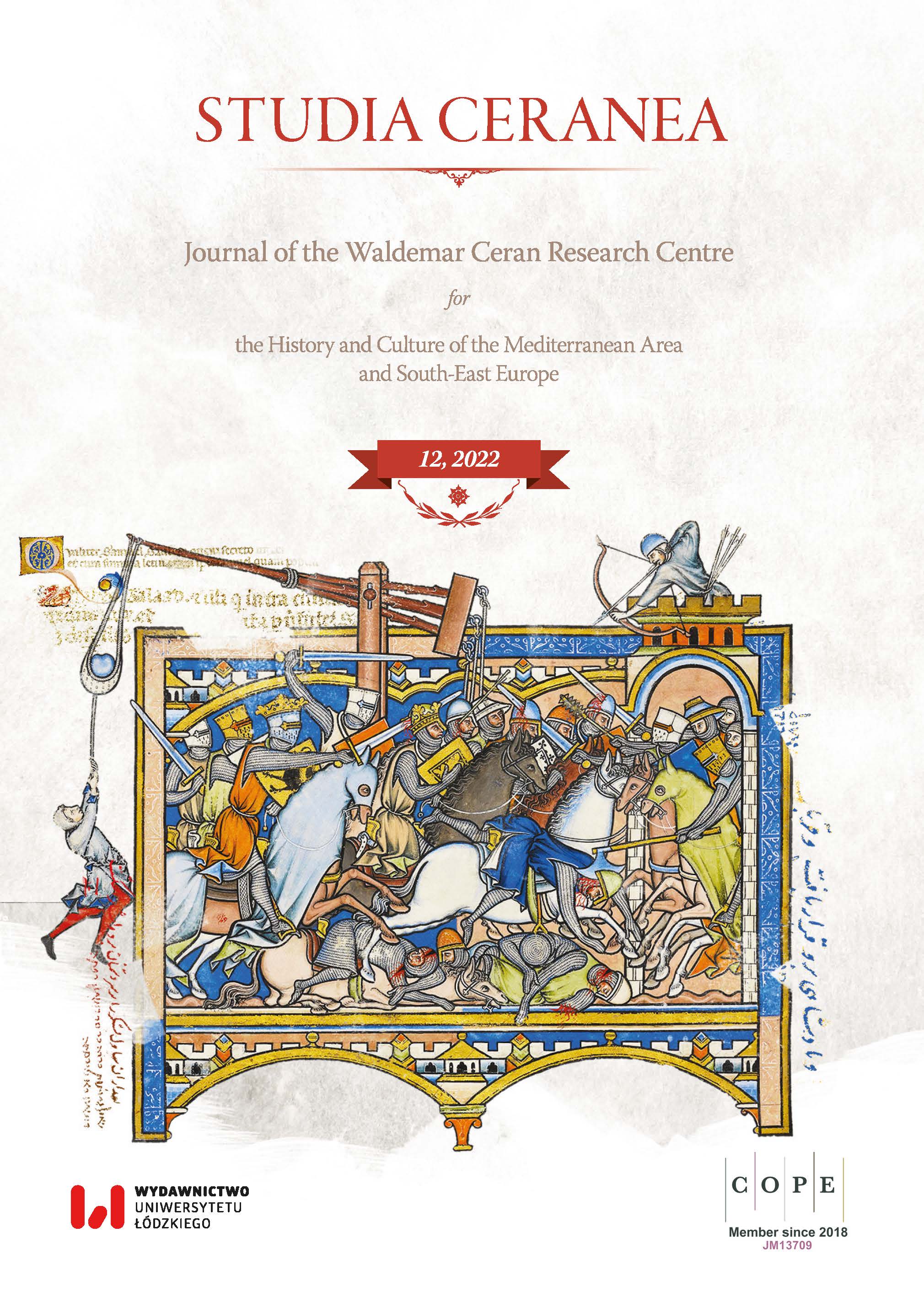Paristrion as Centre and Periphery: from Byzantine Border Province to Heartland of the Second Bulgarian Tsardom
Paristrion as Centre and Periphery: from Byzantine Border Province to Heartland of the Second Bulgarian Tsardom
Author(s): Francesco Dall’AglioSubject(s): History, Middle Ages
Published by: Wydawnictwo Uniwersytetu Łódzkiego
Keywords: Byzantine history; Medieval Bulgaria; Ethnicity; Peripheries; Medieval Nomads; Medieval Statehood
Summary/Abstract: In 1185, after a successful revolt against the Byzantine empire, the so-called second Bulgarian kingdom was established on the territory of the former province of Paradounavon/Paristrion, that had been the first area of settlement of the Bulgars who had crossed the Danube and established their state in 681, and had become a peripheral region of the Byzantine empire after the conquests of Tzimiskes and Basil II. Even before the 1185 revolt, however, Paristrion had already begun to develop an embryonal degree of self-consciousness, although not in a ‘national’ way, owing to its peculiar history and ethnic composition. During the course of the 9th–12th century it had experienced a constant influx of invaders from the north, many of whom had in the end settled, either forcibly or after reaching an agreement with the imperial authorities. Those mixobarbaroi, half-civilized barbarians (according to the Byzantine point of view) had gradually integrated with the local population, made of Bulgarians, Vlachs, and Byzantine soldiers, settlers and administrators coming from the various provinces of the empire. When the military presence on the Danube was strong the region prospered economically, and became integrated in a vast trade network managed by Cuman and Rus’ traders and raiders; but during the 12th century the empire gradually withdrew its troops and its interest in Paristion, and this relative prosperity began to diminish. Coupled with the remembrance, in popular traditions, of the past glory and abundance of the first Bulgarian empire, and with the increasing fiscal burden that oppressed the local traders, the Paristrians gradually became convinced that their future prosperity, much like at the time of the first Bulgarian kingdom, was in their independence from the empire. Once again, this peripheral region began the centre of an independent polity that traced its roots in the past Bulgarian kingdom, but exhibited also some radically different traits.
- Issue Year: 2022
- Issue No: 12
- Page Range: 29-50
- Page Count: 22
- Language: English

